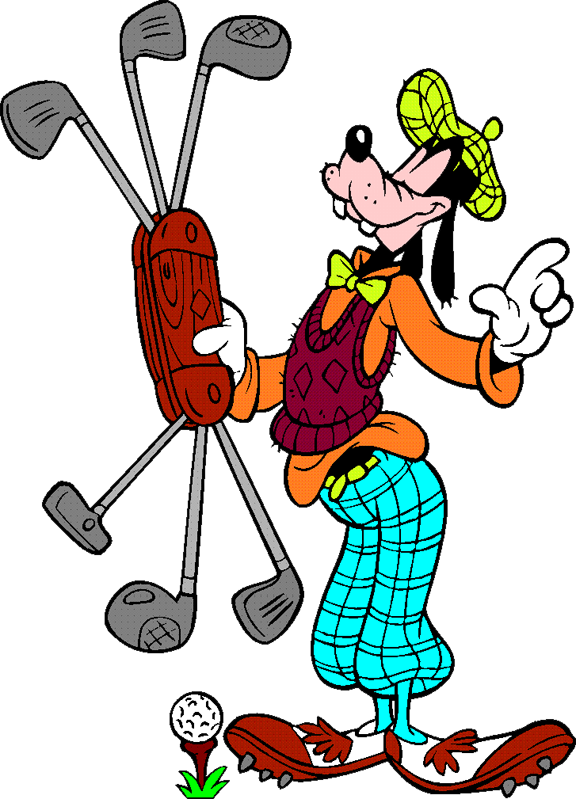


In a follow-up experiment, Mickes asked a new set of participants to read the captions generated by the first group and guess the gender of the writer. Even worse, 89 percent of the women and 94 percent of men responded that men, in general, are funnier. Male participants said that, on a scale from one to five, their cartoons were an average of 2.3 in funniness. After they had finished captioning, the students in Mickes’s study filled out a questionnaire about how funny they thought others would find their captions, and also whether they thought men or women were the funnier sex in general. Men make so many joke-attempts, in fact, they are assumed to be funnier-even when they’re not. But if the person laughs, the benefit can be huge.” If you fail and you're not funny, you lost maybe a few minutes. “Men are willing to take more risks, and they also fail more miserably,” Gil Greengross, an evolutionary psychologist with Aberystwyth University in Wales and author of the 2011 study. In other words, men make more attempts at humor, so they are successful more of the time. The 2011 Intelligence study similarly found that men wrote more captions overall, both funny and lame. However, a surprising thing happened when Mickes explicitly told the participants to try to be funny in their paragraphs: Both genders used humor, and in equal measure.Īs in hockey, it appears, so in lols: You miss 100 percent of the shots you don’t take. The women’s paragraphs were more creative and better-written, but they weren’t funny. Without prompting, the men wrote funny paragraphs. In a later experiment, Mickes gave both male and female participants a list of random words, such as “beef jerky” and “water slide,” and asked them to write paragraphs using the words. If men were truly the funnier sex, though, wouldn’t they be more consistently funny? Mickes’s study revealed another interesting difference: Men wrote some of the best jokes, but they also used more profanity and sexual humor, and those jokes weren’t rated very funny. But in a study the year before, the men’s and women’s one-liners were equally droll.

In a 2011 study in the journal Intelligence, male participants also penned more amusing captions than women did. Past research on gender and New Yorker cartoons had been mixed. “I thought ‘Forget it, I'm never going to do research again,’” she said. The difference was small, but still, Mickes was horrified by the results. The Gendered Language Students Use to Describe Professors.If men and women are clearly capable of being equally funny, why does humor by non-famous women so often go unappreciated? My deftly hilarious female friends exist, and many are eternally single. On the other hand, happy hours during which one man holds forth to a gaggle of raptly amused female onlookers exist.

Next year, Amy Schumer will be the first female comedian to headline Madison Square Garden. But they might be some of the first to do it with fearless jokes about their vaginas.
#GOOFY PERSONALITY TV#
Tina Fey, Lena Dunham, Mindy Kaling, Abbi Jacobson, Ilana Glazer, and their ilk certainly aren’t the first women to have wildly popular TV shows based entirely around their own funniness. On one hand, we live in the golden age of female comedy. Men might say, “I would love to have a girlfriend who would make me laugh.” But for men, that’s a luxury, not a necessity. But I maybe make a man laugh once every other month. (Major adversity, we smother in smoked meats.) Given three adjectives to describe me, most of my female friends would list “funny” as one of them. I come from the kind of family that deals with minor adversity by making relentless fun of the petty tyrants responsible. Mickes’s story triggered the familiar shot/chaser of recognition and unease in me. I have a great time with my female friends.” “I thought, ‘maybe I’m not that funny,’” Mickes said. In every single discipline, male professors were far more likely than female ones to be described as funny. A recent graphic made by Ben Schmidt, an assistant professor of history at Northeastern University, analyzed the words used to describe male and female professors across 14 million reviews on. Mickes realized that university students didn’t seem to welcome, or even notice, the wit of many of her female colleagues. When she collected her professor evaluations at the end of the year, she was startled by one comment in particular: It was a weighty subject, so occasionally she would inject a sarcastic comment about her own upbringing to lighten the mood. Sign up for it here.Ī few years ago, Laura Mickes was teaching her regular undergraduate class on childhood psychological disorders at the University of California, San Diego. This article was featured in One Story to Read Today, a newsletter in which our editors recommend a single must-read from The Atlantic, Monday through Friday.


 0 kommentar(er)
0 kommentar(er)
